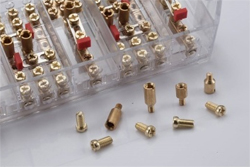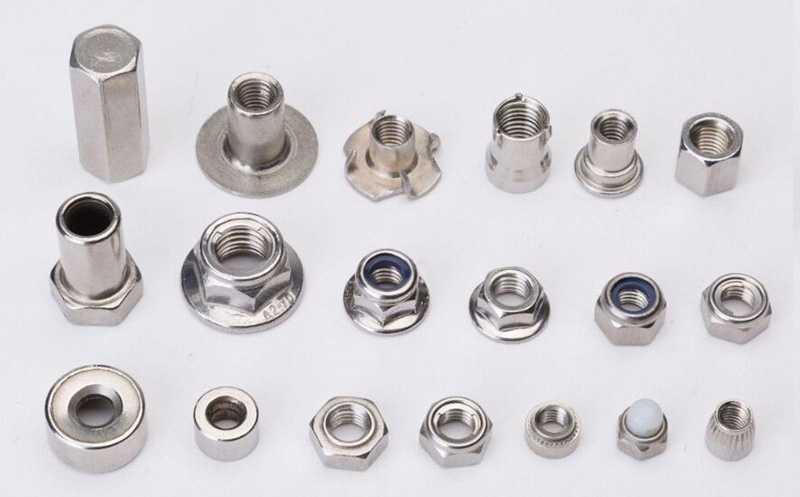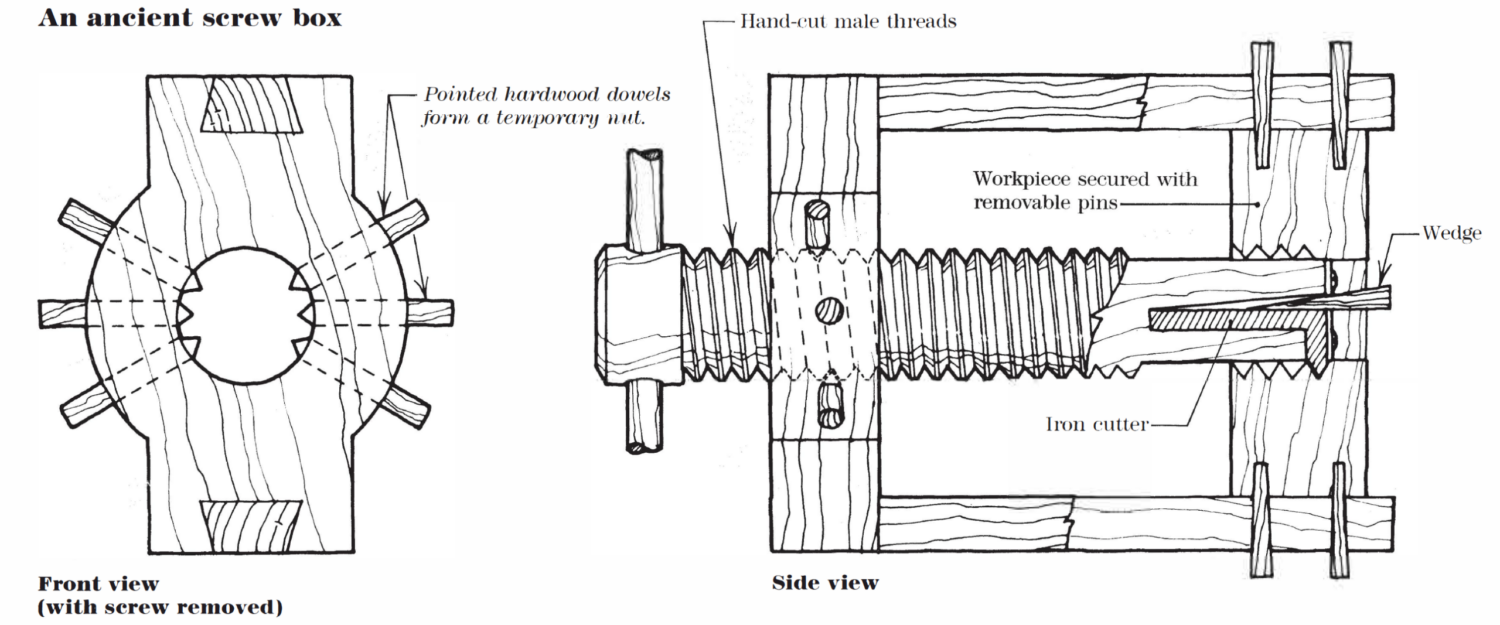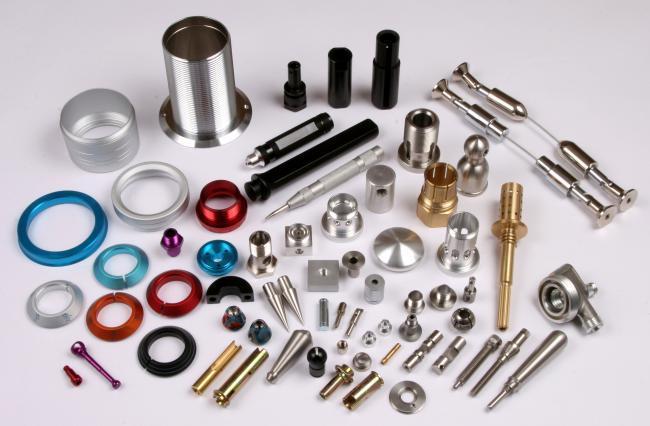
News
Common Errors in Screw Manufacturing
Tuesday, 03/12/2024, 09:04 GMT+7
Here is the translation of your request:
Common Errors in Screw Production
In screw production, common errors can affect the quality and performance of the product. Here are some of the most frequent mistakes:
1. Size and Precision Errors
- Size deviations: Screws not meeting the specified size due to errors in cutting, machining, or machine calibration.
- Lack of precision: Features like diameter, length, or thread pitch might be inconsistent, affecting the screw's ability to fit and function properly.
2. Thread Errors
- Uneven threads: The threads on the screw may be uneven, often due to old machines or inaccurate machining processes.
- Damaged or missing threads: This is a critical error in screw production, as it renders the screw unusable or weakens its ability to securely fasten.
3. Material and Heat Treatment Errors
- Substandard materials: Using poor-quality or inappropriate materials can result in screws that are easily broken, worn, or not durable.
- Improper heat treatment: Uneven or incorrect heat treatment can compromise the mechanical strength of the screw.
4. Surface and Finishing Errors
- Rough surface: Screws with an unfinished or scratched surface will reduce product quality and may affect the assembly process.
- Poor coating quality: An uneven or peeling coating can lead to corrosion and reduced durability of the screw.
5. Hardness and Strength Issues
- Incorrect hardness: If screws are too soft or too hard, it can lead to premature wear or breakage. If too soft, the screw may wear down quickly; if too hard, it may break when being tightened.
- Low load-bearing capacity: If the screw does not have adequate mechanical strength, it could break under stress or fail in its intended application.
6. Machinery and Manufacturing Process Errors
- Faulty or inaccurate machines: If machines are not well-maintained or incorrectly set up, it can cause discrepancies in the screw production process.
- Process errors: Steps like cutting, stamping, or bending may not be executed properly, leading to defects in the final product.
7. Quality Control Errors
- Insufficient inspection: Lack of thorough checks or failure to detect small errors in the production process can lead to substandard screws.
- Failure to adhere to quality standards: Not following quality standards like ISO or other technical specifications can result in screws that do not meet required performance levels.
8. Packaging and Storage Errors
- Incorrect packaging: Improper packaging can lead to scratches or damage, reducing the product quality.
- Poor storage: If screws are not stored properly, such as being exposed to outdoor conditions or moisture, they may rust or degrade.











_1.jpg)

















